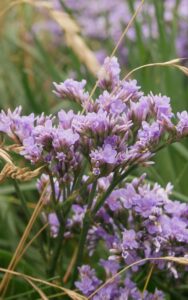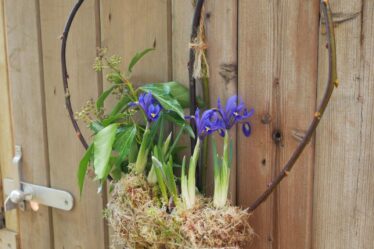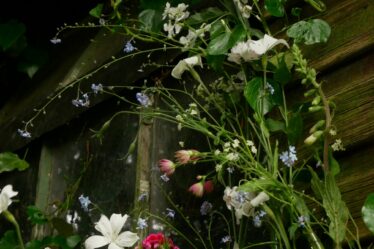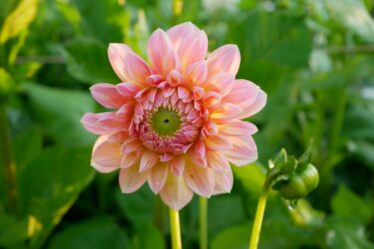An explanation…..
Did you know that not just anyone can use the word “organic” in relation to their business?
Just to clarify, it is fine for an individual to describe their harvest of veg etc as organically grown, but as a business, in the view of Trading Standards, using the term “organic” even just in a hashtag infers “organic status” which is a certificate provided by The Soil Association in the UK.
In order to achieve the certificate, there are rigorous standards to be met, fees to be paid, special care is taken over sourcing seeds, records have to be kept and an average conversion period of two years. I have a lot of respect for flower growers who are registered with the Soil Association.
In the words of the Soil Association, organic growers are “duty bound to protect the soil”. Incidentally, according to the S.A. soils store more carbon than the atmosphere and all of the world’s plants and forests combined, making it one of our most important weapons in the fight against climate change”. This is pretty amazing, as a lot of us have access to soil, even if it is just a small corner…
I, when asked, say that “I grow to organic principles”, meaning that I am not certified, but am trying to care for the environment around me and the soil below. But there is a lot more to organic growing than just not using pesticides and weed killers, and that is why it is so important to have clear terms and certification – look for the Soil Association logo to be sure.
I have considered converting to organic growing, and it is often at the back of my mind, however I bring in a lot of waste to compost from other businesses, and other gardens as I can’t produce enough compost otherwise to feed the soil. I honestly don’t know where this would fit in. The other downside in my mind is the limited seed varieties available, though each time I research this there seem to be more so that’s good!
Now I’m going to look up “biodynamic” which I believe is kind of similar but I don’t know for sure…..



